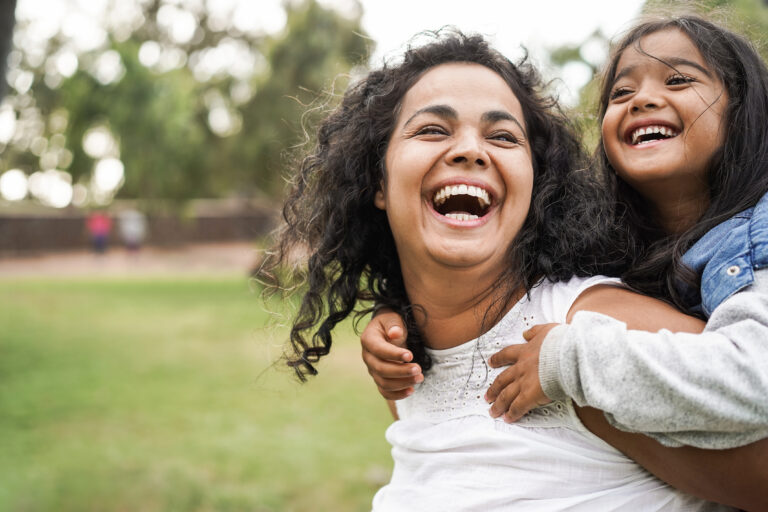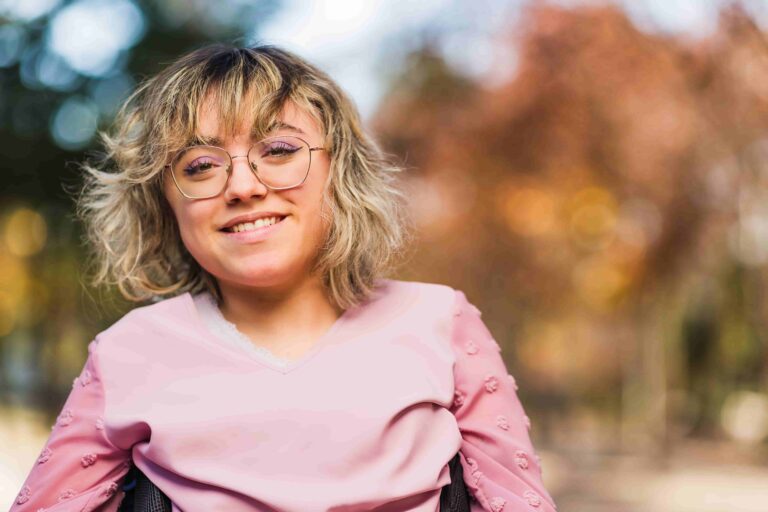If you have a pet, chances are you will be familiar with the benefits of being around animals. Spending time with animals can improve your mood and enhance your overall wellbeing.
Here at Leap in! HQ, we are often asked about whether horse riding through programs such as Riding for the Disabled is covered by the NDIS.
Today, we’ll take a look at how horse riding may help some people with a disability and when it might be suitable to purchase supports from Riding for the Disabled using your NDIS Plan.
What is Riding for the Disabled?
Riding for the Disabled (RDA) aims to ‘develop the abilities and enrich the lives of people with a disability through specialised programs and relationships with horses.’ The programs are supported by volunteers and professionals who have experience working with horses and people with a disability.
Activities include:
- Horse riding classes
- Games on horseback (mounted games)
- Carriage driving
- Hippotherapy (horse riding to improve coordination, balance and strength – a bit like physiotherapy but on a horse).
There are Riding for the Disabled branches in every Australian state and territory, with active groups in many urban, regional and rural areas.
The benefits of horse riding.
Fresh air, fun and friendship are three things that might come to mind when you think of horse riding. But there are many more benefits which we outline below.
1. Social and communication
When it comes to being more social in your community and improving your communication, Riding for the Disabled may be able to assist you to:
- Make friends and improve social interactions
- Improve communication skills
- Increase confidence and independence
- Develop patience
- Improve wellbeing
- Learn team building skills and how to interact with other people in groups.
2. Physical and therapeutic
Horse riding is also recognised for its therapeutic benefits for people with disabilities, bringing a sense of calm and supporting a broader range of movement.
Riding for the Disabled may help you:
- Improve coordination, posture and balance
- Develop core and muscle strength
- Increase joint range of motion
- Stretch tight muscles
- Improve sensory integration
- Increase fitness and endurance.
Who can horse riding help?
Horse riding programs are suitable for people of any age and may be able to assist people with:
- Autism
- Cerebral palsy
- Down Syndrome
- Spina bifida
- Movement dysfunction.
Equine therapy, which involves horses being used as an aid for mental health, may also be of benefit in some situations. Keep an eye out for a future story on equine therapy and the NDIS.
Riding for the disabled and the NDIS
To obtain NDIS funding for Riding for the Disabled, it will need to pass the ‘reasonable and necessary’ test. This means the request must be related to your disability, it must be good value for money and likely to be of benefit to you.
It is important that your request for funding is connected to one of your NDIS goals. Clearly setting your goals and identifying how you would like to achieve them before your NDIS Plan or Plan Review meeting will help ensure you receive the funding you need.
Example goal 1
To meet new people and improve my communication skills.
How Riding for the Disabled could help – I would meet people I have not met before, make new friends and learn to follow instructions about how to ride a horse.
In this case, funding is likely to come from Assistance with Social and Community Participation under the Core supports budget.
Example goal 2
To improve coordination and strength so that I can be more independent.
How Riding for the Disabled could help – the exercise of riding a horse will help strengthen my muscles, improving my ability to control my arms and hands and hopefully do more things for myself.
In this case, funding is likely to come from the Capacity Building budget. It may be helpful to have a letter of support from a physiotherapist or occupational therapist to say Riding for the Disabled is part of your Capacity Building program and likely to assist you to achieve this goal.
Leap in! can help.
If you think Riding for the Disabled might work for you, be sure to plan ahead for your NDIS meeting. Our free app can help you record your goals and be prepared.
Find out more about the Leap in! app and How it works or give our Crew a call on 1300 05 78 78.


